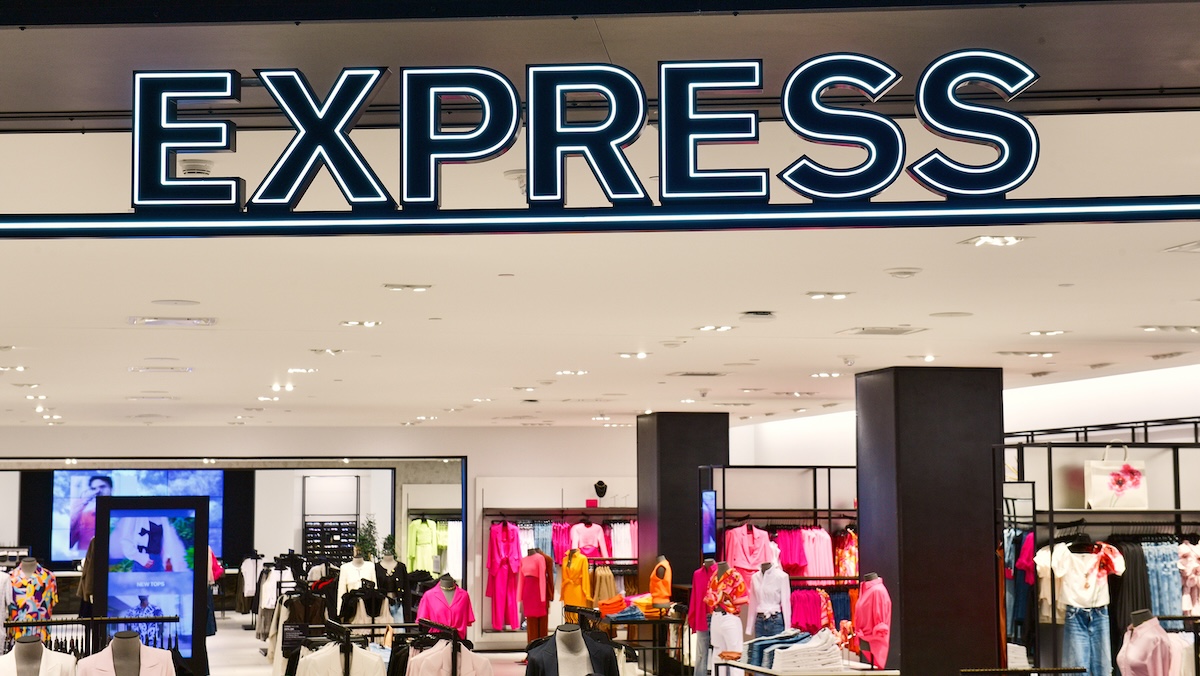(NECN: Peter Howe, Worcester, Mass.) - The college springtime protest season got off to an early start at Clark University here Thursday as dozens of students protested over what they see as a retreat by the liberal-arts college on financial aid.
In recent years Clark has received more than 7,000 applications for about 620 spots in its freshman class, and has been able to tell students it will ignore the question of whether, and how much, financial aid they would need in deciding whether they should be admitted. But after a $9 million jump in its financial aid packages this year, which put the college $2 million over its aid budget, Clark leaders last week said they will step back from being fully need blind – promising they will still overwhelmingly ignore financial need in making their first rounds of acceptances, but as they are looking at filling the last few percent of freshman seats, will make ability to pay a consideration in extending offers of admission.
That’s a change that protesters including Bryan Diehl and Ailey Wilder said Thursday will threaten the character of a college they love.
"Most students here are very uncomfortable with the fact that Clark would be looking at those who can pay rather than those who might just be more qualified to receive an education here," said Diehl, a political science major from Holden, Mass.
Wilder, a sociology major from Cranston, R.I., who wants to become an English-as-a-second-language teacher for immigrants, said, “It sets a precedent for the future about the type of people that they want to attract and the type of people that are going to school here. I'm here on a very large scholarship, and I am very grateful to Clark for that, and I'm just very fearful for the future of kids who don't have a lot of money being able to come here.
Clark president David Angel says this is just a reality of not having enough scholarship money to meet today's needs and to get financial aid as a percentage of the budget back to a level that is sustainable for the long term.
"We’re not interested in changing the sense of community at Clark, who we are, the students we enroll -- we're incredibly proud of the students who are enrolled here," Angel said. "The big change here is that we're really trying to keep the university within its budget on financial aid, and to do that, we're going to continue to admit the vast majority of our students -- probably at least 90 percent of our students -- on a need-blind basis. It's just when we look at those last few students whom we admit, when we've already spent our financial aid budget, that we'll really have to look at students who can afford to come here without large financial aid package."
Business
U.S. News and World Report said in September 2013 there are 21 colleges in New England it considers to be truly need-blind in admissions, and it did not include Clark then on that list – one that is subject to quibbling and hair-splitting distinctions about what truly constitutes being need-blind or aid-blind in making admissions acceptance decisions. (Schools on the U.S. News list include, as you would expect, Ivy League schools like Harvard, Brown, Dartmouth, and Yale; richer private colleges including Amherst, Bates, Bowdoin, Colby, Connecticut College, the Massachusetts Institute of Technology, Middlebury, Trinity, Tufts, Williams, and Wesleyan; Boston College and Holy Cross from the ranks of Catholic-connected universities; engineering-oriented Olin College in Needham, Mass.; and from the women’s college sector Mount Holyoke, Smith, and Wellesley.)
Ailey and other students’ concern seems to come down to a slippery-slope concern: If Clark starts admitting its last 5 or 10 percent of students based on their ability to pay, could that grow to 20 or 30 or 50 percent in time and give the school –- in the gritty heart of gritty Worcester -– more of a tinge of being a "rich kids’ school."
"Clark has had a long history of being extremely inclusive not only of race and gender but of class," Wilder said, "and I think this change in policy is going to change that inclusiveness and make it a lot less."
Angel said he’s not offended by the students’ criticisms and actually welcomes their concerns. "None of this is unfair. All of us are really concerned about the challenges facing families in terms of the affordability of education. and certainly we value a really engaged student body here at Clark," Angel said. "I value the engagement of the students here."
With videographer Scott Wholley



